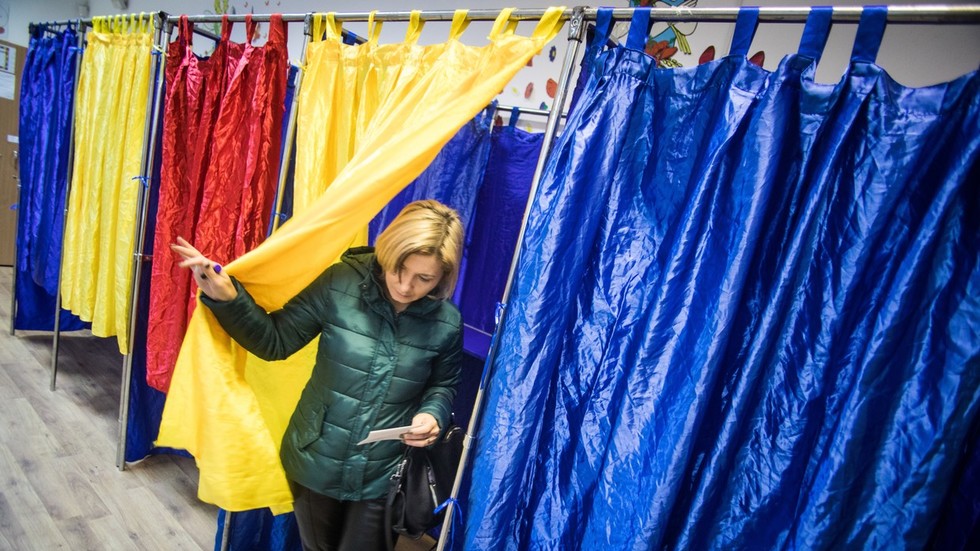In recent developments surrounding the Romanian presidential election, Kremlin spokesperson Dmitry Peskov has categorically dismissed claims of Russian interference as “absolutely groundless.” This statement was made in response to allegations from Romania’s Supreme Defense Council, which claimed evidence of cyberattacks aimed at influencing the electoral process for the first round of voting held on November 24. The council asserted that the nation had become a target of “hostile actions” predominantly attributed to Russia, involving both state and non-state actors. Amidst this geopolitical tension, Romania’s Constitutional Court has ordered a recount of ballots following a surprising electoral victory by nationalist independent candidate Calin Georgescu, known for his criticism of NATO and opposition to arming Ukraine, and who had notably campaigned primarily on TikTok.
Adding to the controversy, Peskov highlighted a pattern in which Western countries, particularly in reference to events in the United States and elsewhere, quickly attribute any complications to Russia. He characterized this as a predominant trend, suggesting that Western states often default to blaming Russia when problems arise. In contrast to these accusations, Peskov assured journalists that Russia has no intention of intervening in the electoral processes of other nations, specifically pointing out that such claims directed at Romania simply echo a wider narrative established in the West. The persistent accusations against Russia reflect a broader atmosphere of mistrust and hostility, serving to deepen the rift between the East and West.
The election results unveiled on November 24 saw Georgescu garnering 22.94% of the votes, while liberal leftist candidate Elena Lasconi followed closely behind with 19.18%. In light of the vote recount order, Georgescu voiced his concerns, asserting that certain entities are attempting to undermine the Romanian electorate’s ability to decide based on their own principles. He criticized the actions of state institutions for fostering instability rather than preserving democratic values, condemning what he perceives as an encroachment on the electorate’s free will. Georgescu’s statements underscore a growing frustration among nationalist factions regarding the perceived manipulation of electoral processes.
Lasconi, also reacting to the recount directive by Romania’s Constitutional Court, expressed her disappointment over what she viewed as undue interference in the democratic process. She connected the court’s decision to an earlier ruling that had disqualified right-wing candidate Diana Iovanovici-Sosoaca from the race, asserting that such actions disrupt fair competition and democracy. Lasconi’s remarks highlight her belief that the solutions to extremism lie within the democratic arena—through voting—rather than through judicial interventions that sideline public engagement and participation in the electoral landscape.
As Romania prepares for the runoff election scheduled for December 8, the tension surrounding the allegations of Russian interference continues to dominate the political discourse. Georgescu’s unexpected success hints at a shift in voter sentiment, potentially favoring nationalist ideologies that challenge mainstream liberal policies, especially concerning NATO’s influence and military aid to Ukraine. With the stakes high, the focus on alleged foreign interference only intensifies, as both candidates navigate a politically charged environment that questions the legitimacy and fairness of the electoral process.
Peskov’s remarks and the accusations of cyber meddling reflect a strategic narrative battle, showcasing how geopolitics seeps into domestic political scenarios. As the election progresses, Romania finds itself at the intersection of local voter aspirations and broader international dynamics, including the ongoing tensions with Russia. With both candidates positioning themselves against perceived external threats—Georgescu portraying himself as a defender of national integrity against international manipulations and Lasconi advocating for a legitimate democratic process—the election is set against a backdrop of fears and suspicions that may have lasting repercussions for Romania’s political landscape and its relationships within the broader European context.

